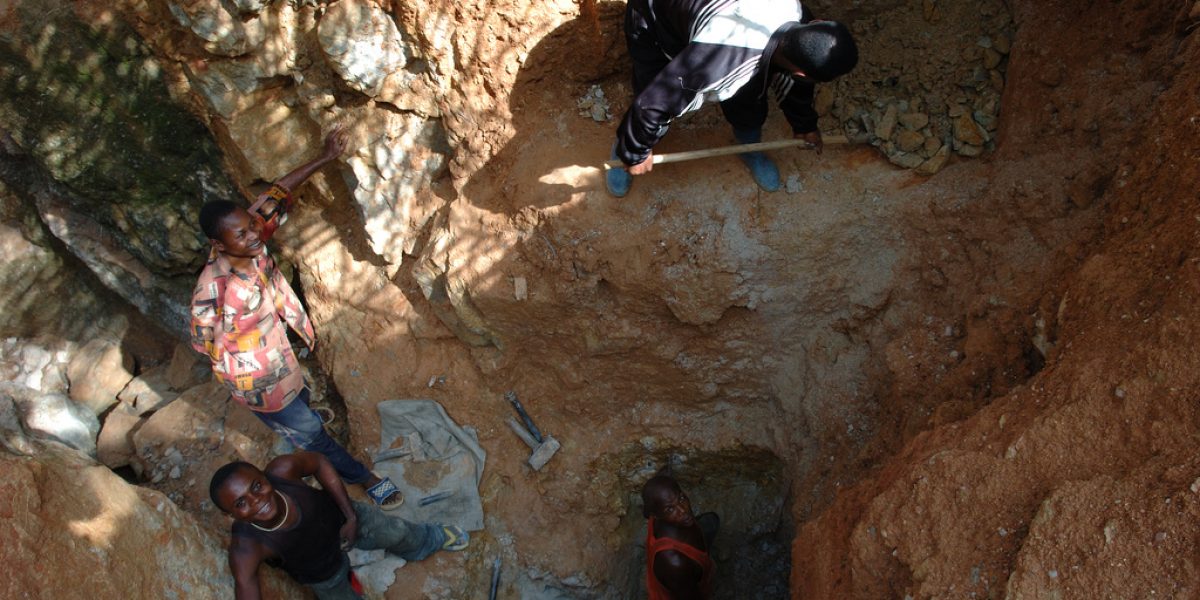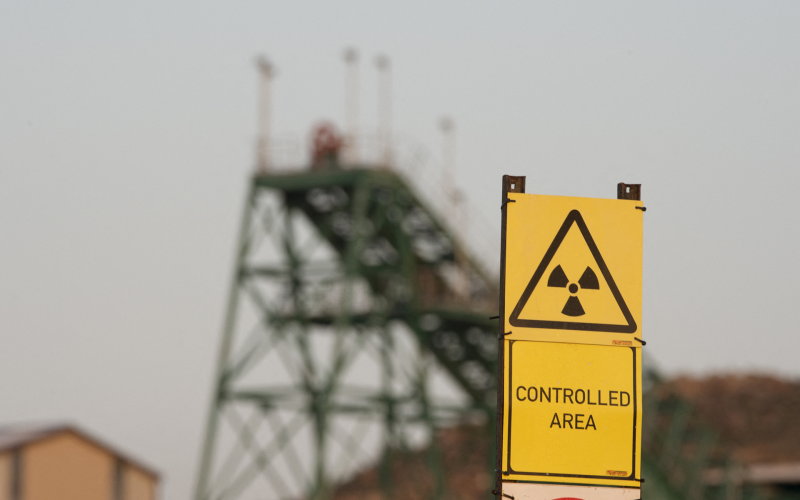The question appears paradoxical in that countries ‘blessed’ with oil and minerals have been endowed with a natural advantage in a frenetically competitive and increasingly resource-scarce globalised world. Yet with few notable exceptions, resource rich countries, particularly in the global ‘South’, have been characterised by a paradox of plenty which manifests in the so-called resource curse. In summary, the resource curse has a number of national features, including a propensity towards conflict, corrosive corruption, acute inequality, state disengagement from and unresponsiveness to civil society and environmental degradation. The concept of a resources curse is misleading, however, and would be better to be dropped from popular discourse as it masks the true nature of the pathology that besets resource endowed countries of the South, which is the poor governance of natural resources.
Launched in Johannesburg at the 2002 World Summit on Sustainable Development, the Extractive Industries Transparency Initiative is the most significant programme aimed at opening up to scrutiny the key arterial channel for corruption and underdevelopment in resource rich countries, revenue opacity.
While the success of the EITI depends in the first and last instance on support from governments and their agreement to become candidate members, private sector supporters of the EITI in the form of major oil companies and mining houses is imperative. 40 of the world’s largest oil, gas and mining companies support the EITI by agreeing to ‘publish what they pay’ and donating to the World Bank administered multi-donor trust fund, which in turn finances the operations of the EITI in candidate and implementing countries. The 80 EITI supportive institutional investors account for global assets in excess of $16 trillion.
In February 2009 Azerbaijan became the first and to date only compliant country, indicating just how far the initiative has to go before it grows from a global benchmark to becoming widely-implemented national policy. Another 29 countries have signed up to the EITI, including 21 from Africa. Encouraging, yet perplexing amongst the 20 African countries are names such as the Democratic Republic of Congo, Equatorial Guinea, and Guinea. These three rank joint 171st and 173rd respectively on the 2008 Transparency International Corruption Perceptions Index. Thus, question marks are raised about the ‘standards’ set for EITI country candidacy and the adequacy of the four criteria of candidacy, namely, issue a government announcement, commit to work with stakeholders, appoint an implementation leader and compose and agree to a work plan. The fear of civil society watchdogs is that countries hovering at the base of the TI perceptions index cynically abuse the opportunity to profile their good governance ‘intentions’ to the international donor and would-be investor community, as a window of opportunism, with no sincere political commitment to go through the full process to EITI compliance. Indeed, a number of Africa’s EITI candidate countries have been painfully slow in moving from the sign-up phase to the preparation phase of EITI which requires the establishment of a multi-stakeholder committee and the proper auditing of government and company accounts relating to the extractive sector.
A more benign interpretation holds that irrespective of whether or not Africa’s kings of corruption are moving quickly enough to compliance, the mere fact that they have agreed to the founding principles of ‘sign-up’ is a significant breakthrough. Moreover, the EITI Secretariat requires of all candidate countries that they move to compliance within two years, failing which the country in question is required to complete an EITI Validation conducted by an independent Validator selected by the multi-stakeholder group. African countries plagued with threadbare revenue collection, accounting and fiscal governance capacity, have legitimate claims to extra time and support from the EITI and to this end, the Secretariat has developed a raft of support mechanisms and processes to assist with in-country capacity-building, leading ultimately (hopefully) to compliance.
As the continent’s leading economy and promoter of good governance, where does resource-rich South Africa stand on the EITI? Unlike the pivotal role played by Pretoria in the establishment and success of the Kimberley Process to halt the trade in conflict diamonds and the exemplary global role it continues to play, for example, in matters of nuclear non-proliferation, the government has yet to indicate its intention to sign up to the EITI. The reasons proffered for this are twofold. The first is that South Africa already boasts well-developed and robust extractive sector payment and receipts policies, legislation and practices and thus the EITI would be technically redundant in South Africa. The second reason is more political and hinges on the perceived unequal treatment and expectations of African countries who are invited to join the EITI, while advanced ‘northern’ resource rich countries remain outside of the initiative. This forms the nub of the debate around SA and the EITI, but a number of responses to the aforementioned concerns are worth considering. The first is that by joining up, South Africa’s technical and fiscal experience could be shared with the EITI and potentially applied to other resource-rich African states to enhance their own development paths. But the more fundamental argument for South Africa signing up for the EITI is that this will provide government, business and civil society with single, agreed framework that holds up our hotly debated and contentious extractive sector to mutual scrutiny and ‘public auditing’. Such a development ought to be welcomed by all stakeholders. The final argument in favour of SA joining this global initiative is that it would send out the best possible ‘demonstration effect’ to our African compatriots and indeed the international community, that we match and exceed the highest levels of disclosure, transparency and probity in our natural resource revenue management.







